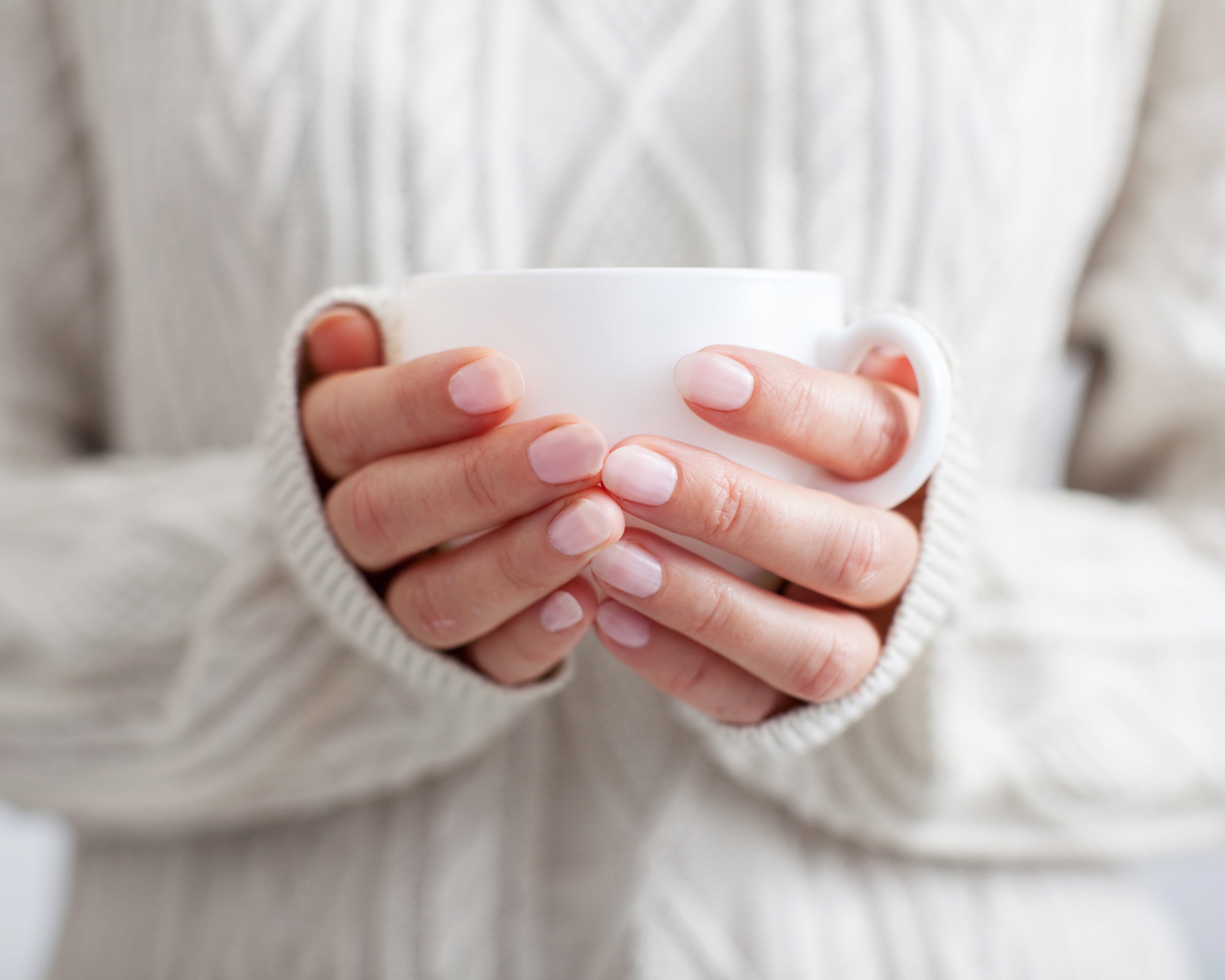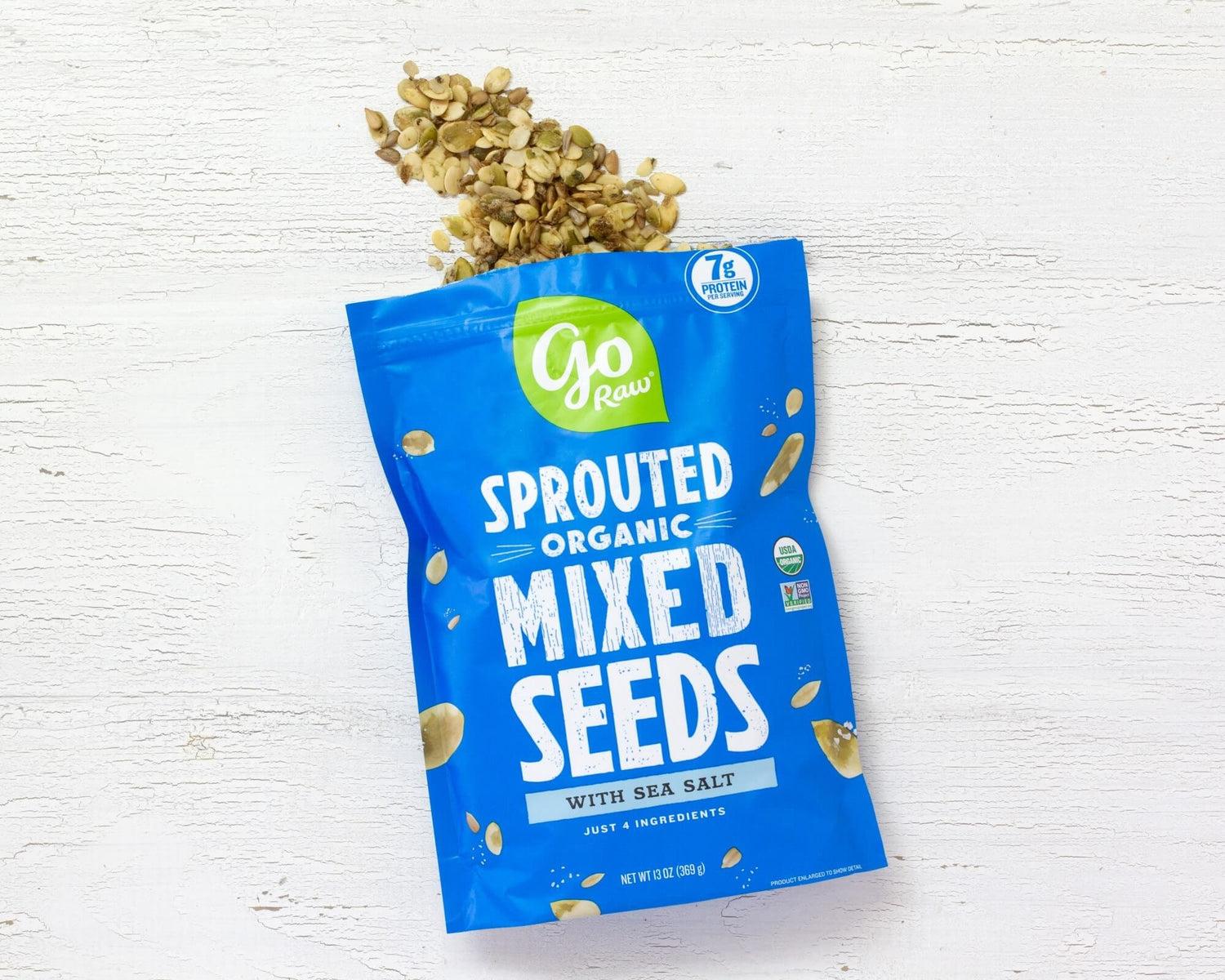Written by Michelle Ritchie
The loss of our regular daily routines, increased uncertainty, and the inability to spend time with those we love, has led to elevated anxiety and stress for many of us. It doesn’t feel good nor is it good for us. In fact, chronic stress can suppress your immune system, increase inflammation, and suppress your body’s ability to ward off illness1.
- So, how can you recognize, understand, and better manage your stress? Follow these steps…
There are basic self-care practices you can incorporate into your daily life that can help you feel less stressed and better handle stress when it comes your way. You’re probably already familiar with these activities, yet it's always good to remind yourself of their importance. Many of these are covered in our recent blog 15 Science-Based Tips for Better Self Care.
- Get a good night’s sleep, every night
- Exercise regularly
- Practice mindfulness
- Get outside and enjoy/connect with nature
- Practice gratitude and thankfulness
- Connect with and talk to the people you love
- Meditate and practice deep breathing
- Eat healthfully
STEP #2: RECOGNIZE STRESS
Recognizing when you’re stressed may seem obvious. However, in today’s uncertain, demanding, fast-paced world, stress can easily start to feel like a normal state of mind and cause us to forget what it feels like to be balanced, calm, positive-minded, and focused.
- Listen to your body and learn how to recognize the signs of stress. Is your heart racing? Do your muscles feel tight, tense, or sore? Do you clench your teeth or hands? Is your stomach upset or feeling tight or cramped? Are you having trouble sleeping or are you sleeping too much? Do you often feel moody, irritable, withdrawn, or overwhelmed? Is your breathing shallow or do you sometimes forget to breathe? Many of these can be signs that you are undergoing stress.
When we experience stress, we all undergo a similar internal “fight-or-flight” response: elevated blood pressure, increased heartbeat, and constricted muscles. Externally, however, we can respond to stress in different ways. Understanding how you respond can help you identify which stress-reducing techniques may work best for you. There are three main response types2.
- Overexcited stress response: if you tend to feel agitated, overly emotional, or aggravated under stress, you may respond best to stress-reducing activities that quiet and calm you down.
- Underexcited stress response: if you tend to become depressed, withdrawn/quiet, or unfocused under stress, you may respond best to stress relief methods that are stimulating and energizing.
- Frozen stress response (both overexcited and underexcited): if you tend to freeze—speeding up in some ways while slowing down in others—you may respond best to tactics that provide both safety and stimulation.
One of the quickest and most reliable ways to handle and reduce stress is to engage one or more of your senses—sight, sound, taste, smell, touch—or movement3. While you will likely need to explore and experiment to understand which stress-reducing technique(s) work best for you, understanding how you respond to stress can be helpful. Below are some ideas for each of your senses.
Sight
- Practice visualization: close your eyes and think of a peaceful or happy place
- Enliven your space with plants and/or flowers
- Look at photos of special, inspiring, or happy moments in your life
- Enjoy nature: a garden, a sunset, the beach, a park, or your own backyard
- Brighten your home with happy colors
- Light a scented candle or experiment with essential oils
- Bring flowers into your home or smell the neighborhood roses
- Drink calm-inducing aromatic teas: peppermint, chamomile, and lavender
- Enjoy the fresh, clean scent of the air outdoors?
- Apply your favorite perfume or cologne
- Take a hot, soothing bath
- Wrap yourself in a warm, cozy blanket
- Cuddle with your pet
- Get a hug from a family member, spouse, or roommate...or hug yourself!
- Give yourself a hand, foot, or neck massage
- Indulge in a small piece of dark chocolate
- Eat superfoods known to help combat stress
- Sip a steaming cup of calming herbal tea
- Crunch on stress-reducing pumpkin seeds4 and sunflower seeds5
- Eat your veggies!
- Talk to loved ones and seek out soothing voices
- Listen to calming or uplifting music
- Sing, whistle, or hum to a favorite tune
- Listen to a soundtrack of nature: crashing waves, wind, or chirping birds
- Seek out the calming influence of fountains and running water
- Smile and laugh out loud
- Run in place or do jumping jacks
- Dance, stretch, practice tai chi, or do yoga
- Go for a walk or hike
- Squeeze a stress ball
STEP #5: MAKE IT A HABIT
The simple act of creating and following habits and routines can help add a sense of structure, predictability, and purpose to your life, which in turn, helps you feel less anxious and stressed. Additionally, if you make stress-reducing activities part of your daily routine, you’ll be more likely to stick to them. A win-win!
How do you relieve stress? Please share in the comments below!
1 Chronic Stress, Inflammation, and Disease Risk. PNAS, 109(16): 5995–5999. Apr 2012.
2 Stress Management. Elon University, Oct 2019. Adapted from 2010 helpguide.org (Be a Stress-Busting Detective).
3 How to Use All 5 Senses to Beat Stress. Psychology Today, Feb 2015.
4 Food-Mood Connection. NPR, Jul 2014.
5 6 Foods That Fight Stress and Speed Recovery. Prevention Magazine, Jun 2015.





